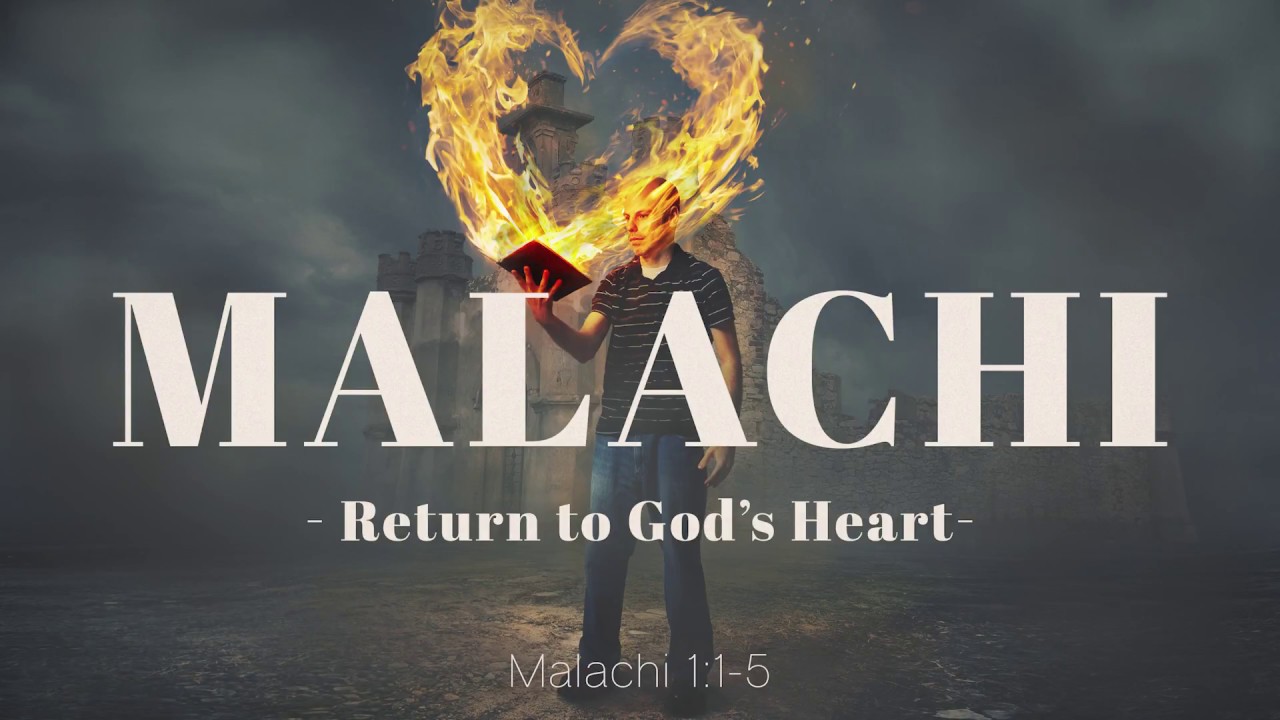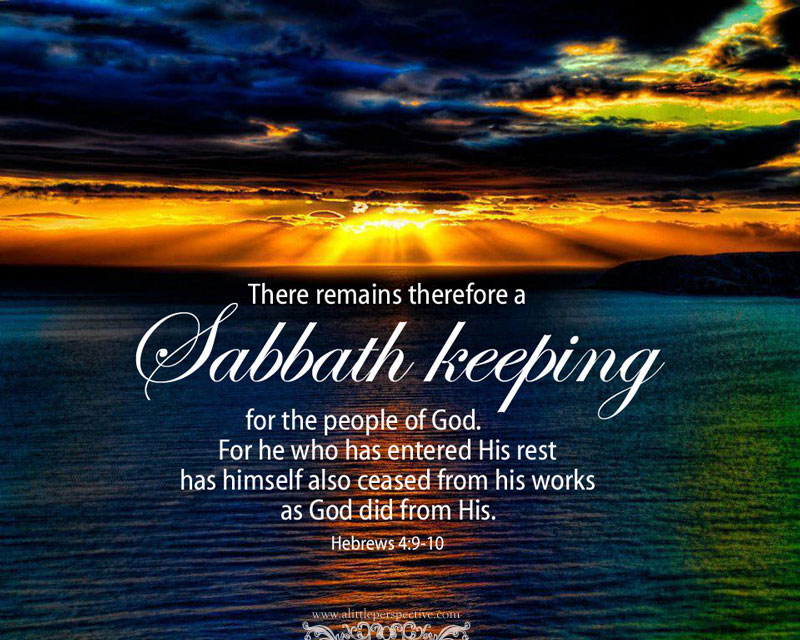Repentance and Worship
/Preacher: Lincon Hardouin
Verses: Joel 2:12-17
Joel 1:1-3, “The word of the Lord came to Joel, son of Pethuel. Hear this, you elders; listen, all who live in the land. Has anything like this ever happened in your days or in the days of your forefathers? Tell it to your children, and let your children tell it to their children, and their children to the next generation.” And what was that word? What were they supposed to hear, to listen to? What were they supposed to tell? Well, quite simply, and based on the very first chapter of this prophetic book, a catastrophe, unlike anything that generation had seen, was coming, it was impending doom, absolute destruction that could not be avoided. There was a warning sent from the Lord to His people, telling them that there would be an invasion of locusts, not simply a naturally occurring phenomenon, but rather an invasion sent by the Lord Himself, and once this invasion was over… there would be nothing left except their own grief, their own sorrow… their joy would be exchanged for mourning. This was the Lord’s divine and just punishment for a nation, His very own people, called by His own name, because of their unfaithfulness toward Him and their failure in upholding His Law.






















